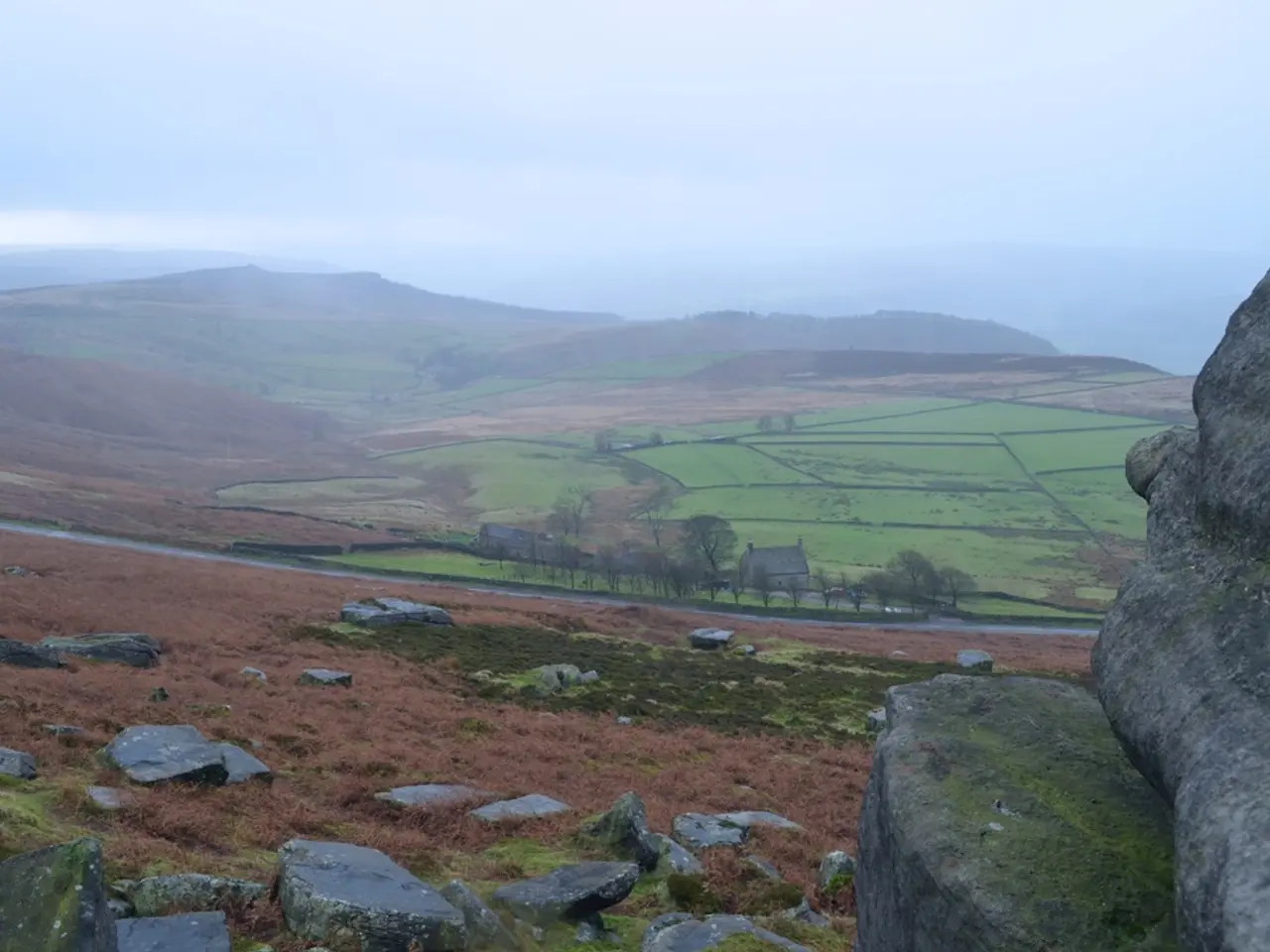Tourism Initiatives Rooted in Local Communities Across Himachal Pradesh
In the picturesque state of Himachal Pradesh, known for its numerous waterfalls, rivers, valleys, and diverse Himalayan flora and fauna, community-based eco-tourism initiatives are making a significant impact. These initiatives, designed to improve local livelihoods and conserve the environment, are gaining momentum in the region.
Himachal Pradesh's first ecotourism project, located near Hadeta village in Nadaun constituency, serves as a flagship example. Nestled within a biodiverse pine forest, the project includes three eco-cottages, four gazebos, forest trails of nearly 2 km, and a wildlife awareness zone. This project offers locals employment opportunities linked to tourism while promoting conservation by preserving the forest's natural character. Plans for glass bridges over the trails aim to raise awareness and respect for nature, and ornamental and exotic plants are being added to enhance visitor appeal.
The state's 2024 Eco-Tourism Policy aims to develop 77 new eco-tourism sites with a strong focus on sustainable practices and community participation. This policy supports training local youth as nature guides, which helps build local capacity and provides livelihood options rooted in a conservation ethos. It also involves modern approaches like online forest rest house bookings to make eco-tourism more accessible and organized while ensuring community involvement.
These initiatives combine community engagement, education, sustainable infrastructure, and local employment, addressing both ecological preservation and socio-economic upliftment. While Himachal Pradesh grapples with the environmental impacts of mass tourism in major destinations, these targeted eco-tourism projects and policies represent proactive steps to balance tourism development with environmental protection and improving local living standards.
The IDIPT project, funded by the Asian Development Bank, is another significant effort promoting community-based tourism in Himachal Pradesh. The project selects 19 Panchayats for developing sustainable models of community-based tourism, focusing on organic, community-driven, and community-owned initiatives. The IDIPT project seeks to ensure a fair share of profits from community-based tourism goes back to the local communities, often developing a system for redistributing tourism income to the community through education or health projects.
Ankit Sood, a National Eco-tourism Planner & Expert, serves as an advisor to the Governments of Sikkim, Himachal, and Uttarakhand. His role includes providing advice on community-based tourism initiatives in these states, making him a key figure in promoting sustainable tourism and alleviating poverty in rural areas of India.
Community-Based Tourism (CBT) is a type of sustainable tourism that aims to include and provide benefits to local communities, particularly rural ones. In CBT, local communities are involved in the planning, implementation, and management of tourism activities, ensuring a fair share of profits goes back to the local communities.
These community-based eco-tourism efforts in Himachal Pradesh serve as models for linking conservation, education, and local livelihoods in the state's socio-ecological context. As the state continues to develop its eco-tourism sector, these initiatives will play a crucial role in balancing tourism development with environmental protection and improving local living standards.
In Himachal Pradesh, community-based eco-tourism initiatives are fostering a lifestyle that supports both conservation and local livelihoods, as demonstrated by the projects in Hadeta village and those planned under the 2024 Eco-Tourism Policy. These endeavors encourage locals to become nature guides, providing employment opportunities and building local capacity, all while promoting sustainable practices.




